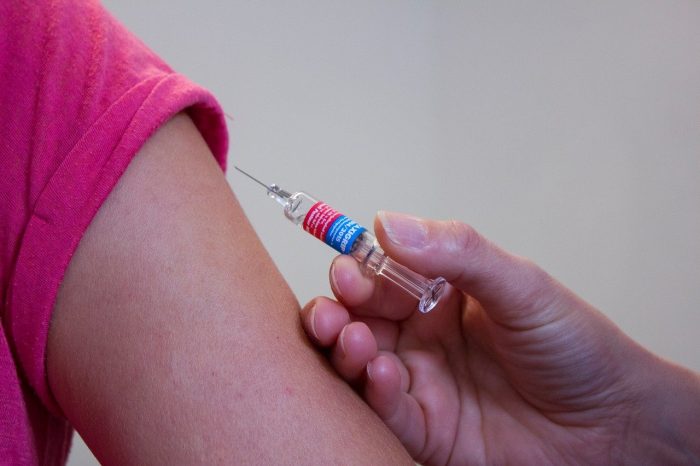Agenda Available: RCPA Member Webinar and SDOH Platform Aunt Bertha Feb 19


On June 19, 2018, Governor Tom Wolf signed and codified the Employment First Law and established the Employment First Law for people with disabilities. Attached are the 2021 Employment First Annual Report and the 2020 Employment First Oversight Commission Report.
Additionally, the Employment First Oversight Commission Leadership beginning January 27, 2021 has been named. We are proud that RCPA member Steve Suroviec, President/CEO, Achieva, is the chair of the commission. The leadership positions are:
A link to these reports is also available on the Department of Labor & Industry’s Department of Labor & Industry’s website, under the “Employment First Act Documents & Reports” heading. Additional information or alternate formats of the reports may be obtained by contacting Edward M. Butler, OLTL Employment Specialist via email or phone (717-214-3718).

The Wolf Administration has released a new order effective today to increase the administration of vaccine dosages received; ensure ease of scheduling appointments; reinforce specific reporting by vaccine providers; and ensure accountability in providers’ adherence to vaccine priorities. Key messaging around the order and specifics can be found in the order. A frequently asked questions document can be accessed here.
Office of Vocational Rehabilitation Executive Director, Shannon Austin provided guidance to community providers of Supported Employment Services about a rate increase for the provision of services during a period of state mandated mitigation strategies for slowing the spread of COVID-19 in a memo dated February 9, 2021.
For new Supported Employment purchase orders created on or after February 22, 2021, regional rates will be changed to statewide rates, and Job Retention Services will increase. Purchase orders created prior to February 22, 2021, will not be cancelled and re-authorized under the new rate.
The Supported Employment Support Plan, Employment Service Premium. Longevity Premium, Job Mentoring Services and all four phases of Discovery will remain unchanged.
The National Forum on COVID-19 vaccine is a virtual event that will unite representatives from across the US government with tribal, state, local, and territorial leaders and representatives from public health, health-care systems, national and community-based non-governmental organizations, and education, private industry, union, and faith-based organizations. All have a role in supporting COVID-19 vaccination.
The forum aims to promote the most effective strategies to build trust and confidence in COVID-19 vaccines, use data to optimize vaccine implementation, and provide participants with practical information for increasing vaccine access in communities nationwide, especially for persons at increased risk of contracting the COVID-19 disease and those who may face barriers to vaccination. Please register here.
Resource: